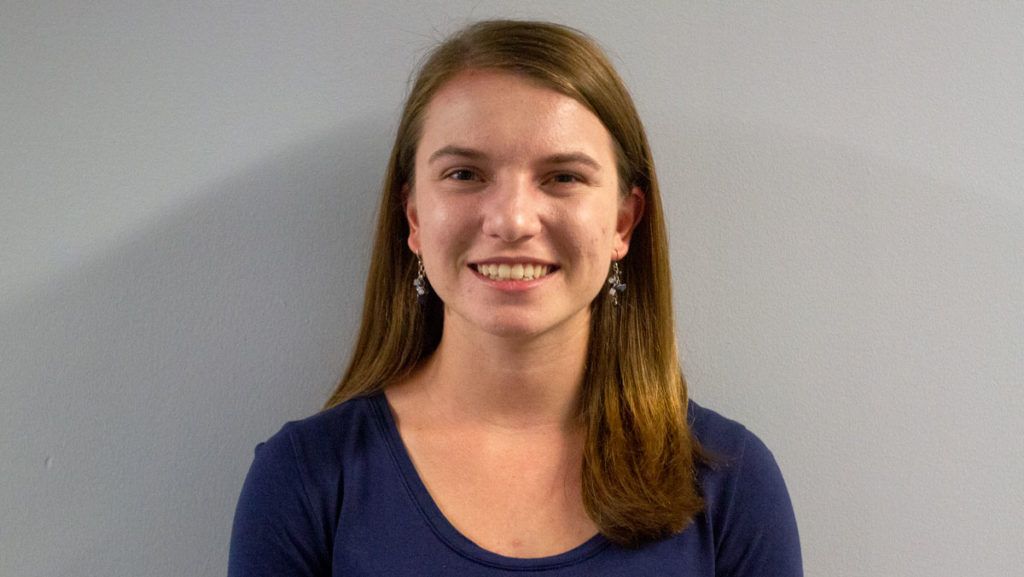On Saturday, Oct. 27, a gunman shouting anti-Semitic slurs walked into the Tree of Life synagogue in Squirrel Hill, Pittsburgh and killed 11 Jewish community members. The shooting is not the first incident of pure hate that has taken place in recent years, and, unless something changes soon, it won’t be the last.
In the past decade alone, mass shootings have been carried out in schools, synagogues, mosques, movie theaters, concert venues and churches in the United States. Americans have learned over and over again that violence is not confined to one religion, nor is one perpetrator able to define an entire community.
What we haven’t learned, however, is how to sit with tragedy and use our grief to bring about change. When I started writing this column, there were concerns that the topic wouldn’t be as relevant by the time it was published, as the mainstream news cycle has moved on to other issues. That’s not a slight on the news industry in general — I’m a journalist, and I know that the news cycle is nonstop and constantly demanding that we make room for new information.
However, I am also a human being, and I wonder how we have gotten to a point where the senseless murder of 11 people becomes “old news” in less than two weeks. Being too quick to stop talking about tragedy shuts down the process of grieving and, more importantly, limits the accountability necessary to bring about change. Yes, the news cycle has to move on, but should we? Though journalists are the ones who put issues and events in the spotlight, the public has a responsibility to continue to care even after coverage diminishes. Though discussions on social media currently fade away as conversations change, we have to keep focusing on the progress that is necessary to prevent similar events in the future.
We have seen time and time again that failing to have conversations about change is incredibly problematic. When we stop thinking about one tragedy, we forget about the dialogue that should be happening. Progress stops, conversations quiet and we rinse and repeat after each mass shooting. These shootings happen so often that they coincide, just as Pittsburgh and Kentucky did, and we become desensitized to the number of casualties we see. We get overwhelmed, we recycle headlines and leads and, by the time we realize we should have been talking about change the entire time, another tragedy has occurred.
Compassion fatigue is something we have to actively fight and combat. Our choice to ignore hate and sadness means that we choose to prevent possible progress. We have a responsibility to treat tragedy with the gravity it deserves. We need to provide breathing room in an always-evolving cycle to truly acknowledge the injustices and violence that have occurred. All too often, articles about events like the Squirrel Hill shooting end when arrests and convictions are made. The publishing of pieces weeks, months or even years after tragedies transpire highlights the effects on individuals and community members while reminding the public that, though the news cycle continues, 11 lives will not.




